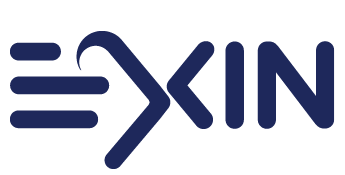
EXIN Business Information Management Foundation
The EXIN Business Information Management exam places information management at the center of the organization. What are the needs? What requirements and demands does the organization place upon the IT services department? How do customers guide the IT services department and how does the IT services department support users?
Business information management is referred to as information management and functionality management in the Netherlands. BiSL is the existing framework for business information management. The framework outlines the processes and activities and supports these with a set of best practices. Anyone passing this exam will be able to apply business information management in practice.
Target group
This module is ideally suited for IT and non-IT staff who are responsible for an organization’s information provisioning. Within the scope of their duties they have a role in the guidance, formulation of strategies and performance of the (IT) service department. The exam is also designed for anyone who is otherwise closely involved with information provisioning in the company. For example, roles such as: Functional Manager, Business Systems Administrator, Super User, Information Architect, Chief Information Officer, Service Manager, Information Manager and the Business Unit Manager (who is responsible for organizing functional management).
Context
This module contains the following topics:
- Purpose and background of business information management
- User management
- Functionality management
- Connecting processes
- Management processes
- Strategic processes.
The focus of the exam requirements is mainly on knowledge of the operational and management processes. Only global knowledge is expected of the strategic processes.
Prerequisites
None
Exam content
| Purpose and background of business information management: | 25% |
| User Management: | 20% |
| Functionality Management | 20% |
| Connecting processes (executive): | 15% |
| Management processes: | 20% |
Exam Details
| Number of questions: | 40 |
| Pass mark: | 65% (26 of 40) |
| Open book/notes: | no |
| Electronic aids allowed: | no |